Section: Media
There are more than 200 results, only the first 200 are displayed here.
-
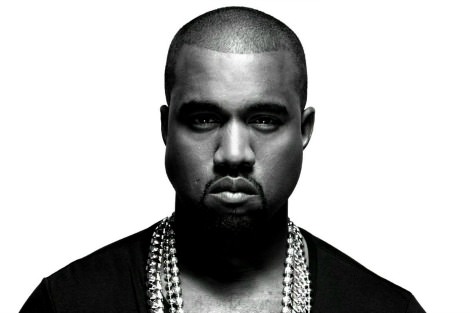
MEDIA
It seems not a week goes by that Kanye West isn't in the news. Over the past few weeks alone, West has among other things disparaged Taylor Swift, announced that 'white publications' had no right to write about black music, and tweeted in support of alleged serial rapist Bill Cosby. Depending on your perspective, West is either the gift that just keeps giving or the twit who just keeps tweeting. How has someone like him managed to flourish in a time in which online shaming has become the norm?
READ MORE 
-
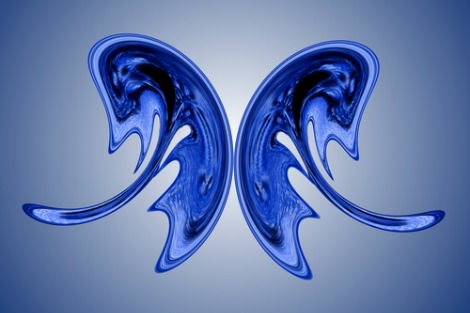
MEDIA
- Kate Mani
- 27 January 2016
2 Comments
A few months ago, someone I know died. We had only met a couple of times, accepted each other's Facebook friend requests, and messaged each other on and off. But I grew to know him well. His face filled my Facebook newsfeed weekly. Now I see his family's farewells, and the preceding year of photos makes it even easier to picture their grief. Be it the loss of a friend or a city shattered by terror, the 21st century colossus that is social media has reinvented the wheel of commemoration.
READ MORE 
-
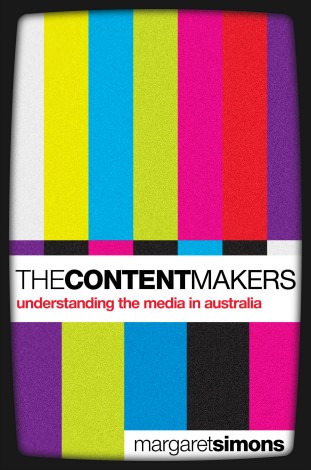
MEDIA
- Jeff Sparrow
- 27 January 2016
13 Comments
Josh Bornstein compared the ABC to the victim in an abusive relationship, desperately trying to ward off the next blow by anticipating the criticism of its enemies. Certainly, enlisting Andrew Bolt to participate in a documentary on Indigenous constitutional recognition seems like a pre-emptive defensive move against the accusations of bias that are routinely levelled against the national broadcaster. For Bolt the arrangement is win-win; for the ABC it's yet another example of self-sabotage.
READ MORE 
-
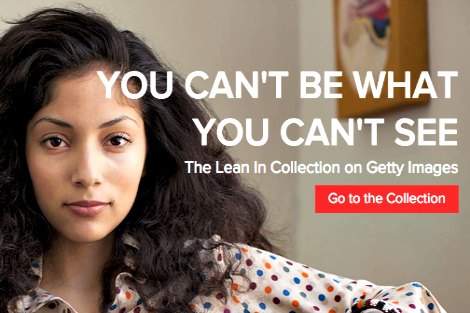
MEDIA
- Catherine Marshall
- 15 January 2016
1 Comment
Studies confirm that sexualised images of slim young women used in advertising and popular culture lead to body dissatisfaction, psychological impairment and eating disorders. A new initiative from the non-profit LeanIn.org is fighting this entrenched culture through a partnership with Getty Images. It has created a photo library depicting females in many sizes, cultures and styles of appearance, but all strong and determined and in-charge.
READ MORE 
-
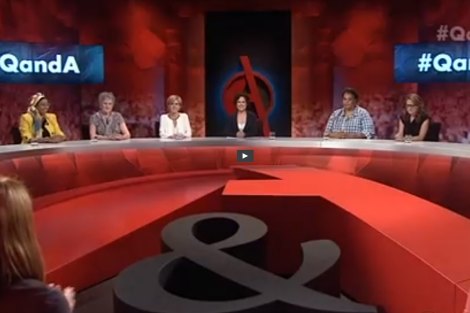
MEDIA
- Moira Rayner
- 13 January 2016
5 Comments
Annabel Crabb chaired it all really well, but the next day I realised that not only our Foreign Minister, but not one panelist, got one question about their extraordinary achievements. Bishop was managing partner of a big law firm. She has unique experiences and must have views on the world's problems and their impact on Australia. But nobody asked.
READ MORE 
-
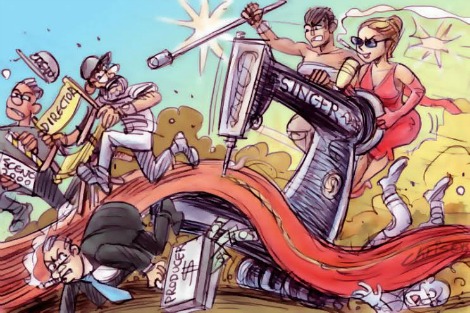
MEDIA
- Rochelle Siemienowicz
- 13 January 2016
The success of the Australian comedy The Dressmaker is thrilling to those watching the local film industry. There's more to cheer in the fact the film is proudly female in both story and production. We're not as bad as Hollywood, but even in Australia, there are not enough films for women, about women and by women. Since the 1970s male directors have been responsible for more than 85 per cent of the feature films made. Why does it matter? Because women are more likely to tell stories about women.
READ MORE 
-

MEDIA
- Jeff Sparrow
- 12 January 2016
The common perception of internet trolls is that they are outsiders descending on a particular platform in order to wreck it. But there is a close relationship between trolls and the culture in which they operate. If you're a publisher seeking virality, you need to foster the strong emotions in which social media trades. Getting people to love your content is great, but outrage, incredulity and even hatred also work.
READ MORE 
-
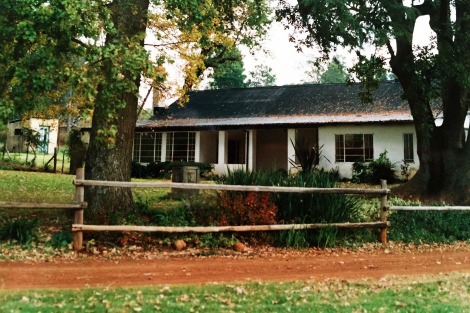
MEDIA
- Catherine Marshall
- 18 December 2015
4 Comments
On her last Christmas, my mother produced a Christmas dinner for 14 people on an ancient anthracite stove in the kitchen of the farmhouse I'd recently moved to. Nothing could distract her from the preparation of this Christmas lunch on a stove that was built last century - except for the pain that had been growing for some months just beneath her ribs. As she stirred the stock and pressed cloves into the ham I saw a wave of discomfort wash over her. It was uncharacteristic and unnerving.
READ MORE 
-

MEDIA
- Rochelle Siemienowicz
- 23 November 2015
10 Comments
The success of the Australian comedy The Dressmaker is thrilling to those watching the local film industry. There's more to cheer in the fact the film is proudly female in both story and production. We're not as bad as Hollywood, but even in Australia, there are not enough films for women, about women and by women. Since the 1970s male directors have been responsible for more than 85 per cent of the feature films made. Why does it matter? Because women are more likely to tell stories about women.
READ MORE 
-
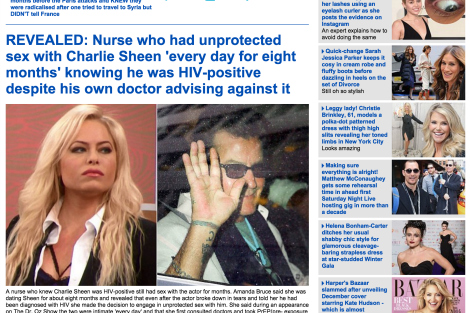
MEDIA
- Catherine Marshall
- 20 November 2015
3 Comments
The best thing I ever did was give up reading the Mail Online. I'd log on at the end of a long day for a dose of what I thought was harmless, digestible fun. But it wasn't long before this mental junk food started to bloat my mind. When Jennifer Garner and Halle Berry appeared before a committee at Sacramento's state assembly to press for the introduction of laws aimed at protecting children from the paparazzi, I realised I was engaging in a despicable act: the consumption of other people's private stories.
READ MORE 
-
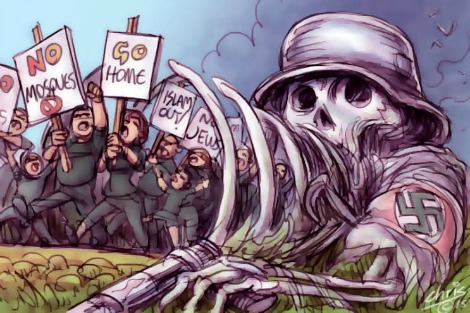
MEDIA
- Jeff Sparrow
- 17 November 2015
15 Comments
In journalism, 'he said, she said' often functions as an evasion. Reporters' loyalty should be to accuracy, which isn't about compromise between extremes. When denialists and climate scientists take diametrically opposed stances, the truth doesn't lie somewhere in the middle. Sometimes, one side's right and the other's just wrong. The same can be said of reporting about the rightwing United Patriots Front. While they deny being fascists, that's what they are, and that's what we should call them.
READ MORE 
-
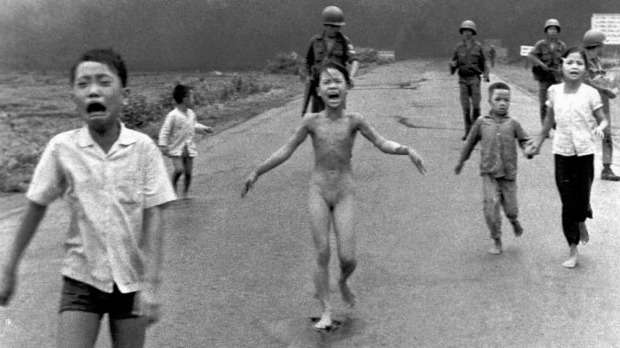
MEDIA
- Ellena Savage
- 11 September 2015
There are few activities more unsettling than viewing the bodies of deceased children. But I'm not convinced that visual tokens of suffering, shared within safe, affluent settings, change much. A photo can suggest that a woman is abused by her partner and motivate people to donate money to a charity. But it won't make anybody voluntarily give up the privilege that fostered the pain.
READ MORE 